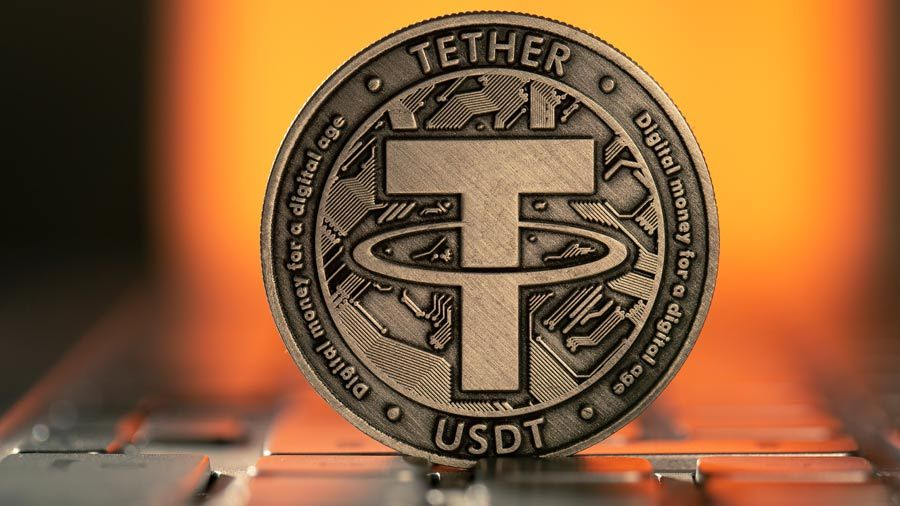Tether's USDT Stablecoin Unmoors from USD on Exchanges After Company Enforces $435M Asset Freeze

Tether's USDT, the leading stablecoin in terms of market capitalization, has deviated from its intended $1 valuation amid increasing scrutiny following the company's December 15 announcement of a wallet-freezing policy in collaboration with law enforcement agencies such as the DOJ, FBI, and Secret Service.
CoinMarketCap data reveals USDT dropping to as low as $0.985 on major exchanges like Binance, Coinbase, and Kraken, signaling a departure from its peg to the US dollar.
Stablecoins like USDT are designed to stay pegged to fiat currencies like the dollar. However, various factors can lead to temporary deviations, resulting in devaluation. For USDT, the recent depegging seems linked to waning confidence in Tether's policies after the substantial asset freeze.
USDT's Depegging Linked to Collaboration with Authorities
On December 15, Tether sent a letter to Senator Cynthia M. Lummis and Congressman J. French Hill, disclosing that it had frozen crypto wallets containing over $435 million in USDT tokens at the request of government agencies during 2023. This underscores the stablecoin issuer's extensive collaboration with authorities to combat criminal activity involving USDT.
"Tether is grateful for the opportunity to address the concerns raised by U.S. lawmakers, and we are committed to continuing Tether's close work with law enforcement in the U.S. and globally," stated Tether CEO Paolo Ardoino in the letter. "Tether seeks to be a world-class partner to the U.S. as we continue to assist law enforcement and expand dollar hegemony globally."
While Tether emphasizes its collaboration with agencies to counter illicit financial activity, its claim to be a neutral stablecoin issuer is now in question post-freeze.
The significant value frozen and Tether's willingness to blacklist addresses have surprised many in the crypto community.
"Tether is the CBDC. Truthers in shambles," tweeted Glassnode's lead on-chain analyst Checkmate in response to the news.
Cardano founder Charles Hoskinson expressed his surprise on the social media platform X by posting a GIF depicting shock and disbelief.
Heightened Scrutiny on Tether's Growth
In addition to the wallet freeze, concerns have grown over Tether's supply expansion in 2023. According to Messari data, USDT's market cap surpassed $90 billion, surging over 70% this year alone. Tether minted approximately $23 billion in new USDT in 2023, nearly matching the entire market cap of rival stablecoin USDC.
While Tether interprets this growth as indicative of robust demand, some investors view it as problematic. Critics argue that Tether mints unbacked USDT to support Bitcoin prices in coordination with exchanges while preventing redemption into dollars, potentially leading to a collapse when exchanges like Bitfinex or Binance fail.
The combination of explosive supply growth and compliance with authorities seems to be eroding confidence in Tether, resulting in the observed USDT depegging on exchanges.
The primary concern is that USDT's instability could spread to the broader crypto market, which heavily relies on USDT liquidity. Given that Bitcoin often trades at a premium on USDT markets, any volatility in USDT may have ripple effects outward.
In summary, confidence in Tether's policies appears shaken despite its dominance. Rival stablecoins like USDC may gain traction amid uncertainties about USDT's future, especially if the depegging trend persists. The upcoming days will reveal whether USDT can reestablish its dollar peg.